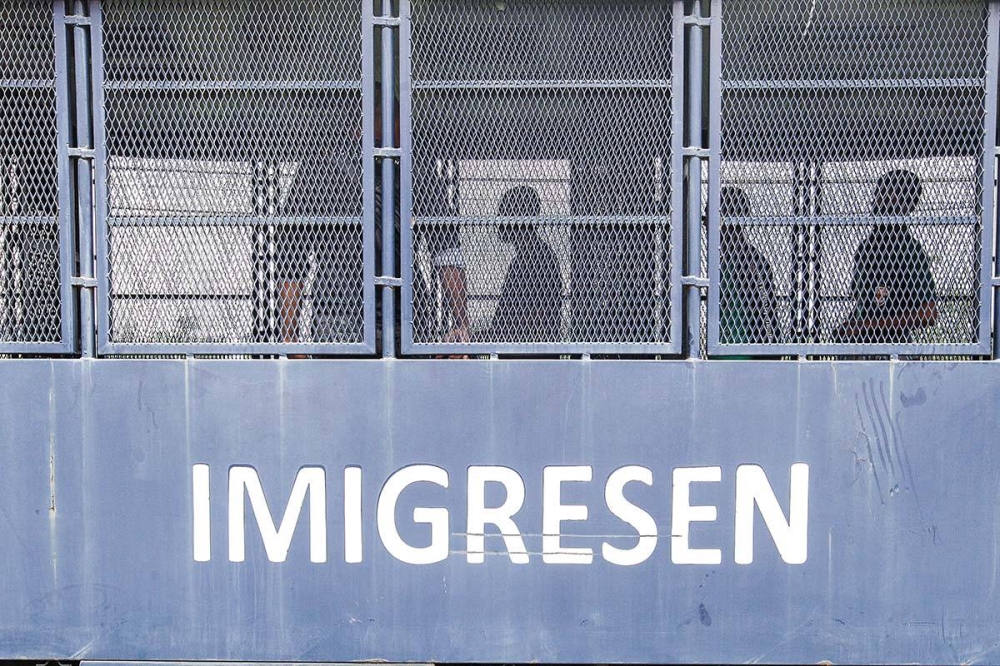AUGUST 12 ― The migration and refugee crisis in Malaysia not only presents a humanitarian crisis that demands political and social attention but additionally, it demands the media to act responsibly by reporting in an impartial, accurate and accountable manner. However, being impartial on such an emotionally and politically charged subject is not easy.
Hence, every journalist should adhere to good ethics that establish key principles to guide them when approaching sensitive and ethical questions. Some media outlets continue to publish or disseminate falsehoods about migrants, refugees and asylum-seekers. Inaccurate terminology and commentary have increased confusion and that breeds prejudice.
The recent video published by a media outlet on the raid at Kompleks Hentian Kajang is a clear violation of the principle of ethical journalism. Not only were the migrants, refugees and asylum-seekers subject to degrading treatment but their identities were not protected in the video. It’s crucial for editors, reporters, subeditors and photographers to understand that when we get it wrong, people suffer directly.

Sloppy, unprofessional work on these subjects always hurts the vulnerable in some way. It is important to keep in mind the obligation to protect the identity of an asylum-seeker continues indefinitely regardless of the current document status of the individual concerned. The question that arises is what makes migration ― and, particularly, media coverage of the issue ― so important? The rising anti-immigration rhetoric and recent gains by anti-immigration political parties in many countries could be one factor.
Don’t get me wrong. I am not saying that all media coverage of refugees, migrants and asylum-seekers is negative. We have had exemplary journalism grounded in humanistic values which highlighted the plight of refugees, migrants and asylum-seekers. This has gone a long way in raising awareness among the general public. And we need more of these instead of videos which promote prejudice.
With an aim to encourage ethical journalism surrounding the issues of refugees, migrants and asylum-seekers, we humbly propose the following best practices, as recommended by the United Nations High Commission on Refugees (UNHCR):
1. Show humanity. The foundation of ethical journalism is humanity. However, journalists must control emotions, refrain from victimising others, oversimplification and framing coverage in a narrow humanitarian context that ignores the bigger picture.
2. Publish facts and not bias. Journalists must ask themselves if they are being accurate, impartial, inclusive ad fact-based in their reporting. They should also question if they are acting independently from narratives that are influenced by politics and emotions and if they are transparent in reporting on the impact of migration on communities.
3. Know the law. Journalists reporting on such issues must understand and use correct migrant definitions while also being able to articulate the rights migrants are due under international, regional and national law to the audience.
4. Using appropriate language. Are journalists aware that the language and jargon they employ may introduce some bias into the story? For instance, the phrase “illegal migrants” is politically biased since politicians frequently use it to dehumanise and criminalise migrants.
We would like to reiterate that all journalists and editors are required by the professional and ethical standards of journalism to report on immigrants and refugees in a neutral, thorough, consistent, and humanitarian manner without invoking hate speech or other forms of discrimination. Additionally, we urge the government makes available its standard operating procedure for conducting raids and detaining undocumented migrant workers to ensure that their fundamental rights are protected and that they are not subjected to degrading treatment.
* Simraatraj Kaur Dhillon is a Research & Advocacy Analyst at Bait Al Amanah.
** This is the personal opinion of the writer or publication and does not necessarily represent the views of Malay Mail.





















